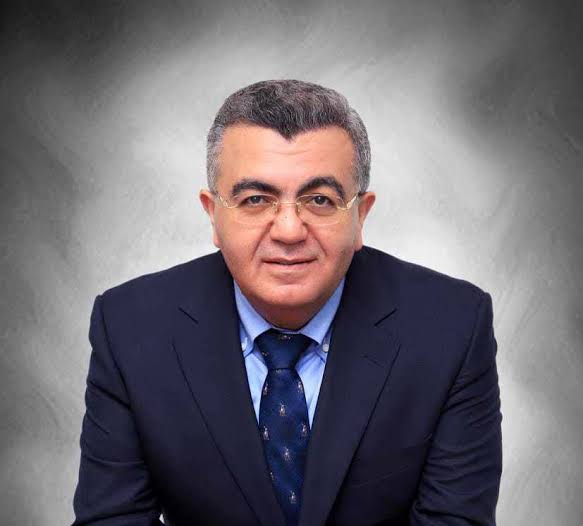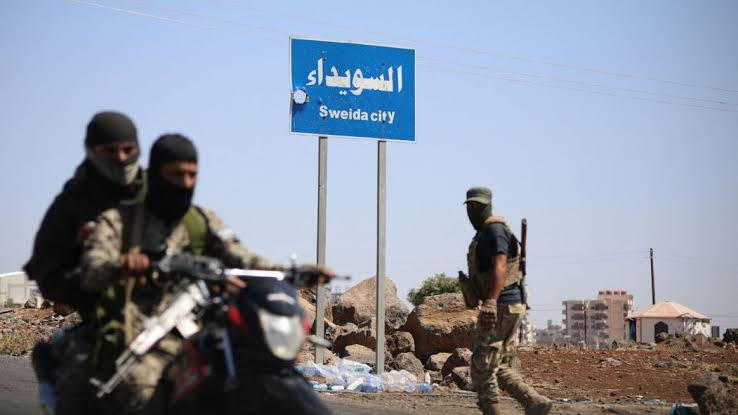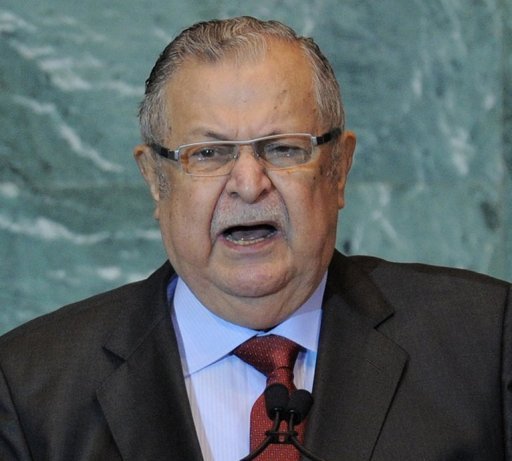As the smoke of Syria’s civil war settles—only to rise again in new, unpredictable ways—an entirely different reality has taken hold south of Damascus. There, in the stretch of desert that spills toward the Jordanian frontier and the Golan Heights, no single power commands authority. Instead, a fractured mosaic of Druze fighters, Bedouin clans, jihadist remnants, and rifle-wielding militias carves out territories amid complete state collapse.
This is not the Syria we once knew. The United Nations still labels its ruling factions “terrorist,” yet even that designation obscures the daily drama unfolding on the ground: hundreds slaughtered, wounded, or displaced in clashes between Druze and Bedouin communities around Suwayda. Once, these confrontations were local disputes over pasturelands and water rights—now they have become existential battles, each side convinced its survival hangs in the balance.
Since October 2023, the Assad regime has all but vanished from southern Syria. Its vaunted “Fifth Corps”—propped up by Russian officers and staffed by recruited ex-ISIS fighters—has collapsed under its own contradictions. Bakeries and flour mills lie in ruins, military checkpoints have dissolved, and the “Al-Sharaa Government” exists only on paper. With 88% of vital infrastructure destroyed and 2.1 million civilians deprived of basic needs, the humanitarian toll is staggering: children starving to death in their mothers’ arms, hospitals gasping for medicine, and more than 5,200 wounded or displaced by the violence of competing armed factions.
Into this vacuum steps Israel—unannounced but increasingly unavoidable. Tel Aviv has long professed an “unofficial moral commitment” to Syria’s Druze minority, who dwell perilously close to its border. Two months ago, Israeli commandos reportedly intervened directly to protect a Druze enclave under attack. Prime Minister Benjamin Netanyahu and his defence minister have repeatedly declared that safeguarding Syria’s Druze is “a moral and social obligation” of the Jewish state.
For many Druze trapped between collapsing authority and marauding militias, Israel’s intervention is not a choice but a lifeline. “If Damascus cannot protect us,” they ask, “who else but Israel?” In a landscape where every actor is suspect, Tel Aviv paradoxically emerges as the only guarantor of stability—at least for those it chooses to defend.

This is both an opportunity and a dilemma for Israel. As Foreign Minister Gideon Sa’ar recently put it, Israel seeks to “extend the circle of peace to Syria and Lebanon,” even as it insists the Golan Heights remains unequivocally Israeli territory. The old agreements once negotiated with Damascus are buried beneath the rubble; “what is past is dead,” in Sa’ar’s words. A new order is rising—one defined not by treaties but by raw power and on-the-ground realities.
Yet questions abound. Will Israel’s ad hoc security role evolve into a formal arrangement with a Damascus government it never truly recognised? Can Tel Aviv balance its strategic interests with the moral imperative of protecting civilians? And who, ultimately, will guarantee any future accord when the only credible fighting force is tribal loyalty, not national unity?
For now, southern Syria remains a test case—of Israel’s willingness to police its borderlands, of the international community’s readiness to step in where states have failed, and of the Druze community’s faith in an unlikely protector. In this fragile interlude, every stray bullet and empty stomach serves as a reminder that, sometimes, peace begins when chaos seems interminable.
But peace also demands vision: a durable force to uphold any agreement, clear security arrangements among neighbours, and, most critically, a commitment to human dignity that transcends sectarian lines. Until then, Israel’s “unspoken duty” in Syria’s southern chaos may be the only semblance of order—or compassion—left in a land bereft of both.
Dr. Hatem Sadek – Professor at Helwan University



